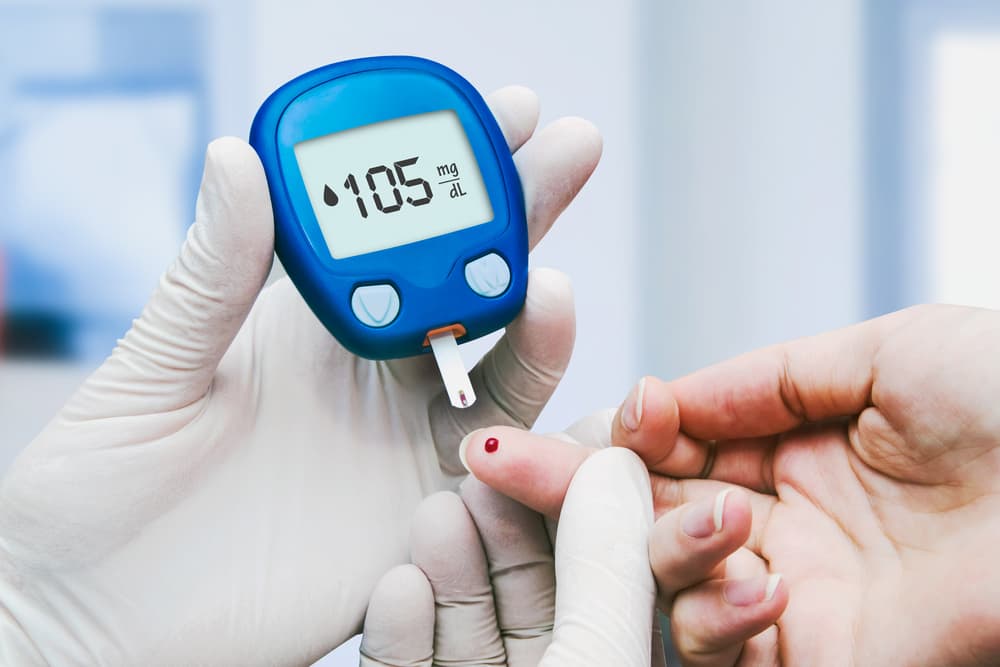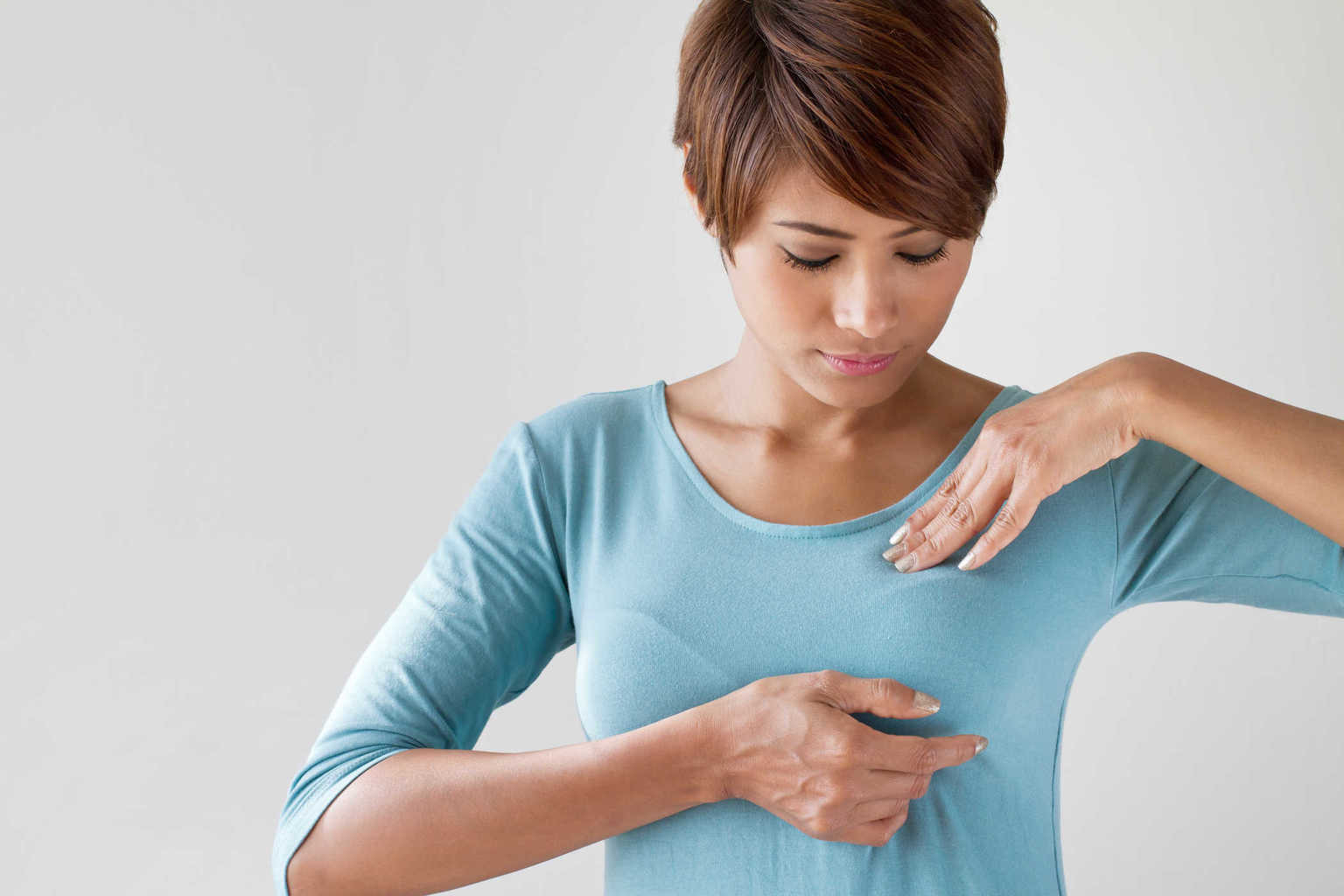Contents:
Medical Video: What are the Symptoms of Goiter?
1. Definition
What is mumps?
Mumps is an infectious disease caused by the goiter virus. Mumps usually starts with a fever lasting several days, headaches, muscle aches, fatigue, loss of appetite, and followed by swelling of the salivary glands. Anyone who is not immune from goiter infection that has been experienced before or is not immune from vaccinating goiter can have the chance of developing goiter.
What are the signs and symptoms?
50% of goiter patients have very mild symptoms and don't even appear, so they don't know that they are infected with goiter.
The most common symptoms are:
- Fever
- Headache
- Muscle ache
- Fatigue
- Loss of appetite
- Swelling of the salivary glands and pain under the ear on one or both sides (gland parotitis)
Symptoms usually appear 16-18 days after infection, but symptoms usually appear around 12-25 days after infection.
2. How to handle
What should I do?
- Wash hands thoroughly with soap, and also teach children to wash their hands.
- Don't share eating or drinking tools with other people.
- Clean frequently touched surfaces (such as toys, door handles, tables and tables) regularly with soap and water or cleaning tissue.
- Minimize close contact with other people if you are sick.
- Cover your mouth and nose with a tissue if you cough or sneeze, and dispose of the tissue you have used in the trash. If you do not carry a tissue, cough or sneeze into your upper arm or elbow, not in the palm of your hand.
When do I have to see a doctor?
People who show symptoms of this disease usually recover after one or two weeks, but goiter can sometimes cause serious complications. Contact your doctor if you experience complications mentioned below.
The most common complication is inflammation of the testis (orchitis) usually occurs in men who have reached puberty; this can cause fertility problems.
Other rare complications include:
- Inflammation of the brain and / or tissue that covers the brain and spinal cord (encephalitis / meningitis)
- Ovhoritis and / or breast inflammation (mastitis) in women who have reached puberty
- Deaf
3. Prevention
MMR immunization (measles, mumps and rubella) is the best way to prevent this disease.
Some people do not need to get the MMR vaccine or can delay the administration of the MMR vaccine.
- Anyone who has had an allergic reaction that is dangerous to neomycin antibiotics, or components of the MMR vaccine do not need to get this vaccine. Tell your doctor if you have a severe allergy.
- Anyone who has an allergic reaction to a previous MMR dose or MMRV immunization does not need to be given the vaccine dose again.
- Some people who are sick during the immunization schedule may be advised to wait until they recover before getting MMR immunization.
- Pregnant women do not need to get the MMR vaccine. Pregnant women who feel they need this vaccine must wait until they give birth. For women who want to get pregnant, they have to wait several weeks if they want to start a pregnancy program, at least 4 weeks after giving vaccination with the MMR vaccine.
Tell the doctor if someone who is getting a vaccine:
- Having HIV / AIDS, or other diseases that affect the immune system
- Being treated with drugs that affect the immune system, such as steroids
- Have any type of cancer
- Being treated with radiation or drugs due to cancer
- Have experienced low platelet counts (blood disorders)
- Have ever received another vaccine in the past 4 weeks
- Recently donated blood or received a blood transfusion
All of these reasons might be reasons not to get a vaccine, or delay vaccination first.











